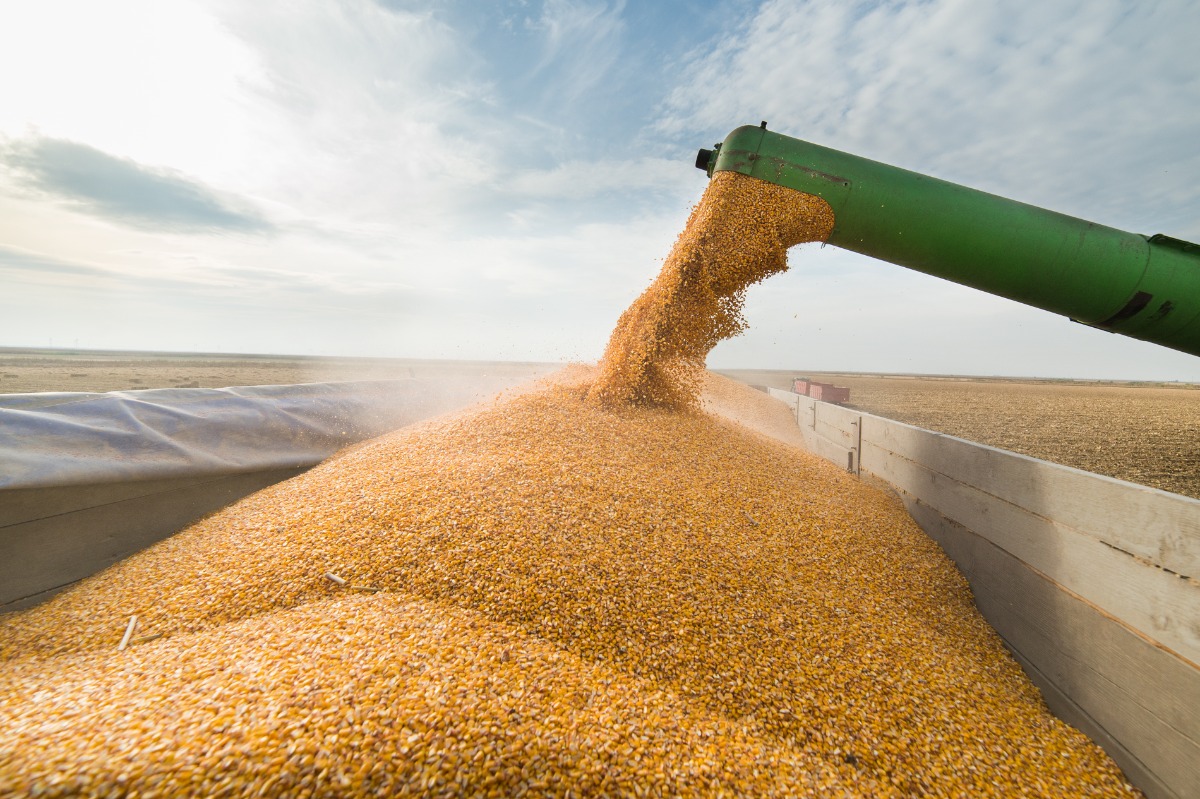By Fiona Wakelin
Summer grains on the rise
Two years ago, the South African agriculture sector had been shrinking for four consecutive quarters – contracting by 7% in 2019. In 2020 in the first quarter it grew by 28% with good rains and bumper crops. By August 2020, the National Crop Estimates Committee (CEC) confirmed that SA’s total summer grain and oilseed output (17.85 million tons) was one of the largest on record – and 34% higher than 2019, with the total maize crop of 15.54 million tons being 38% larger than 2019. The citrus industry is also smiling, with South Africa exporting around 2.15 million tonnes in 2020 – up 19% from the previous year.
Favourable weather conditions in South Africa over the last year have meant that farmers have been able to plant on time and increase area plantings for various crops. Higher commodity prices have also improved bank balances, leading to improved sentiment. And, the sector is set to continue to improve with the support of government policies, including the Master Plan on Agriculture and Agro-processing.
Robust growth for SA
According to the Agricultural Business Chamber (Agbiz), the Agbiz/IDC Agribusiness Confidence Index (ACI) improved from 61 points in the fourth quarter of 2020 to 64 in the first quarter of 2021. This is the highest level of the Agbiz/IDC ACI since the second quarter of 2014. These results show that South Africa’s agricultural sector will, optimistically, experience another year of robust growth.
“In volume terms, South Africa’s agricultural production has grown by 19 percent since 2010. Encouragingly, this expansion has occurred across all subsectors of agriculture and agro-processing value, that is, horticulture (up 70 percent), animal products (up 43 percent), field crops (up 22 percent) and agro-processing (up 13 percent), according to data from the Bureau for Economic Research (BER) and Bureau for Food and Agricultural Policy (BFAP).” – Wandile Sihlobo, Chief Economist, Agbiz.
And from a citrus perspective the news is just as good:
“The Citrus Growers Association of Southern Africa (CGA) is excited to announce that the South African citrus industry will likely break all previous export season records with an estimated 158.7 million cartons in 2021. If the estimate is reached, it would represent a third consecutive season of record export volumes, with 130 million cartons exported in 2019, followed by 146 million cartons in 2020. Our current projections for 2021 indicate a 22% growth in export figures in just 2 years…These figures indicate phenomenal growth within the South African citrus industry, and for our local economy. The demand for our produce overseas is a wonderful testament to the quality of South Africa’s citrus fruit. There is no doubt that citrus growers are investing heavily for the future, with more than R1 billion in grower levies over the next four years going into research and technology to support market access and transformation, while creating an enabling logistics environment to move the fruit.” – Justin Chadwick, CEO of the Citrus Growers’ Association of Southern Africa (CGA).
Making greater inroads
To explore the future expansion of markets in the agriculture and agribusiness sectors, on 19 March 2021, the Agricultural Business Chamber held a hybrid event with its members, public sector representatives and commodity – focusing on how South Africa could make greater inroads into international markets, particularly within BRICS.
“The attractive markets within this grouping are China and India. This is because they account for sizeable agricultural import volumes, have growing populations, fast-growing economies, and changing consumer taste. South African policymakers’ engagements with their BRIC(S) counterparts should be to lower tariffs for certain agricultural products and address the non-tariff barriers. Consider wine trade in China – the likes of Australia and Chile accessed the Chinese market at 0% preferential tariffs. Meanwhile, South African producers face 14% import tariffs. Hence, competition has been challenging for the wine industry and a range of agricultural products. It is also crucial that the industry pays closer attention to geopolitical developments in this region. China has sanctioned Australia for criticizing some of its policy positions. These sanctions entail trade restrictions. Other countries have been able to take advantage of Australia’s gap to meet China’s import demand.” – Wandile Sihlobo, Farming Portal, Agri News Net.

